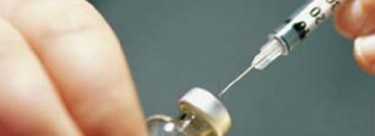
Assisted reproductive technology (ART) is a medical intervention developed to improve an ‘infertile’ couple’s chance of pregnancy.
‘Infertility’ is clinically accepted as the inability to conceive after 12 months of actively trying to conceive. The means of ART involves separating procreation from sexual intercourse – the importance of this association is addressed in bioethics.
Some techniques used in clinical ART include: artificial insemination; in vitro fertilisation (IVF); gamete intra-fallopian transfer (GIFT); gestational surrogate mothering; gamete donation; sex selection and pre-implantation genetic diagnosis.
Issues addressed in bioethics are the appropriate use of these technologies and the techniques employed to carry out procedures for quality and ethical reviews.
Link to ONLINE ARTICLE
 Right to Life NSW
Right to Life NSW


